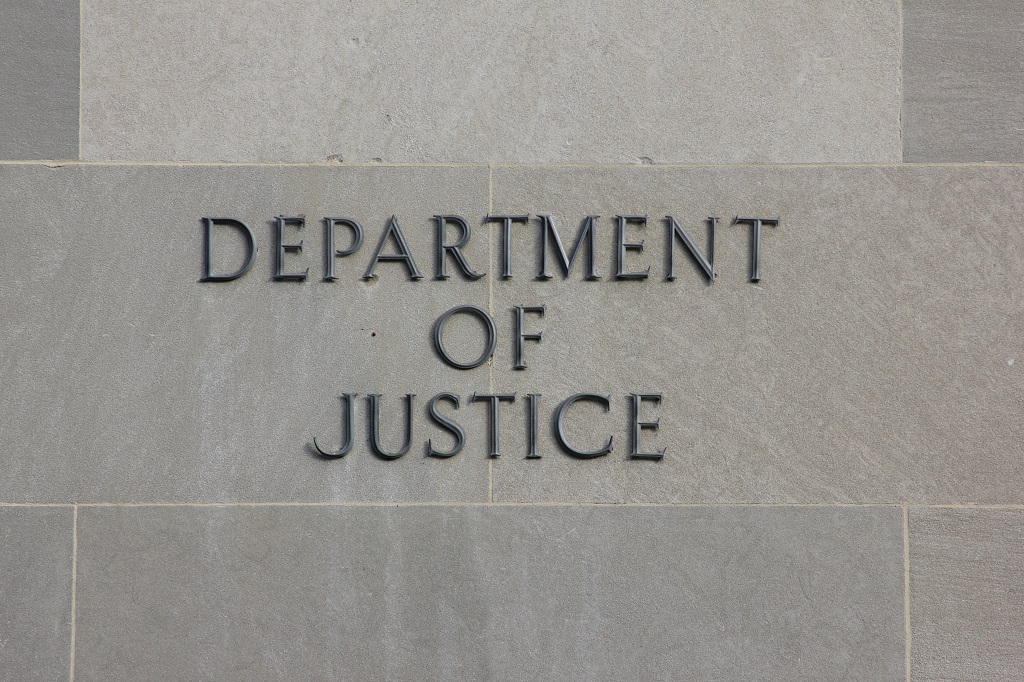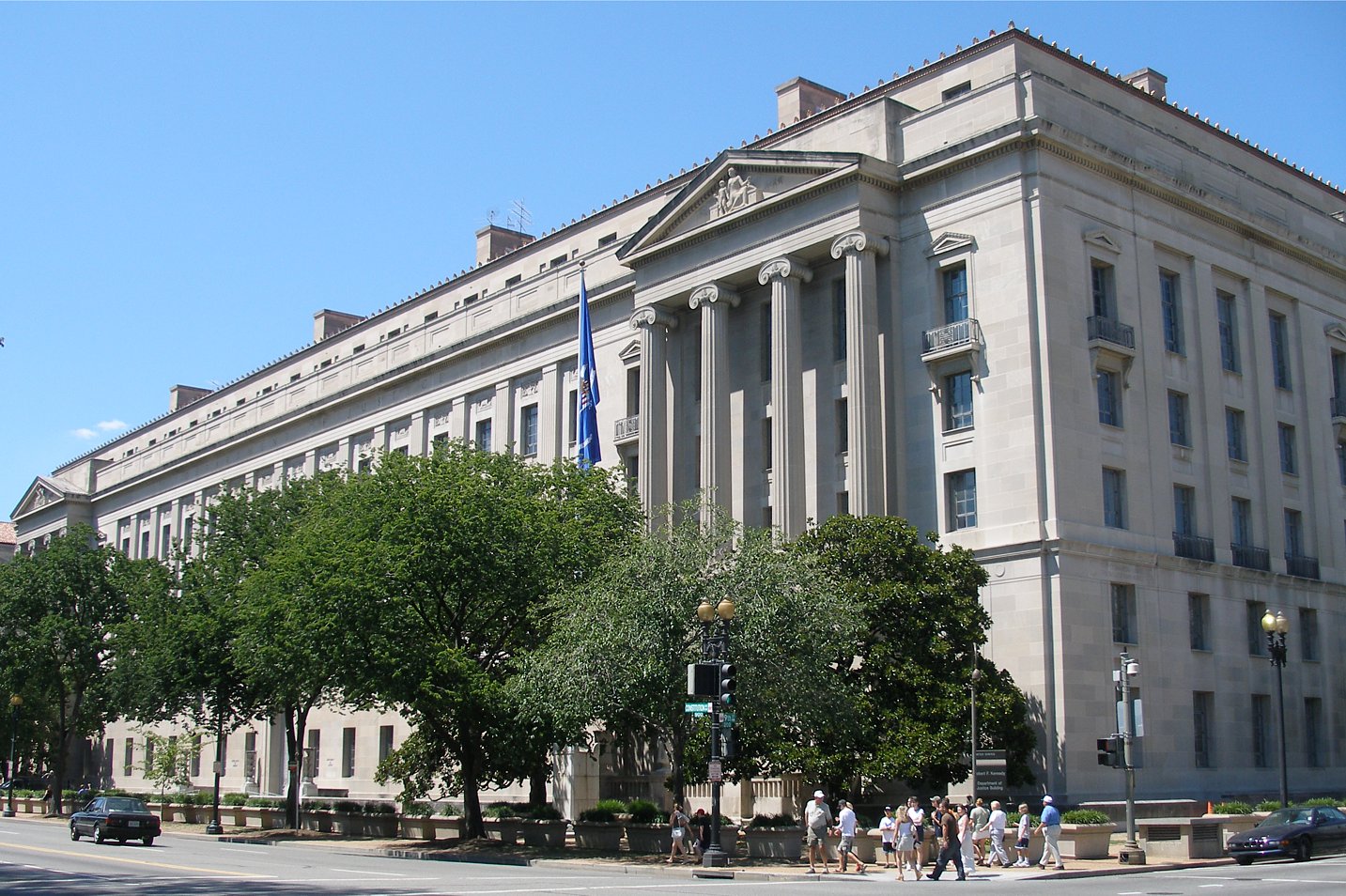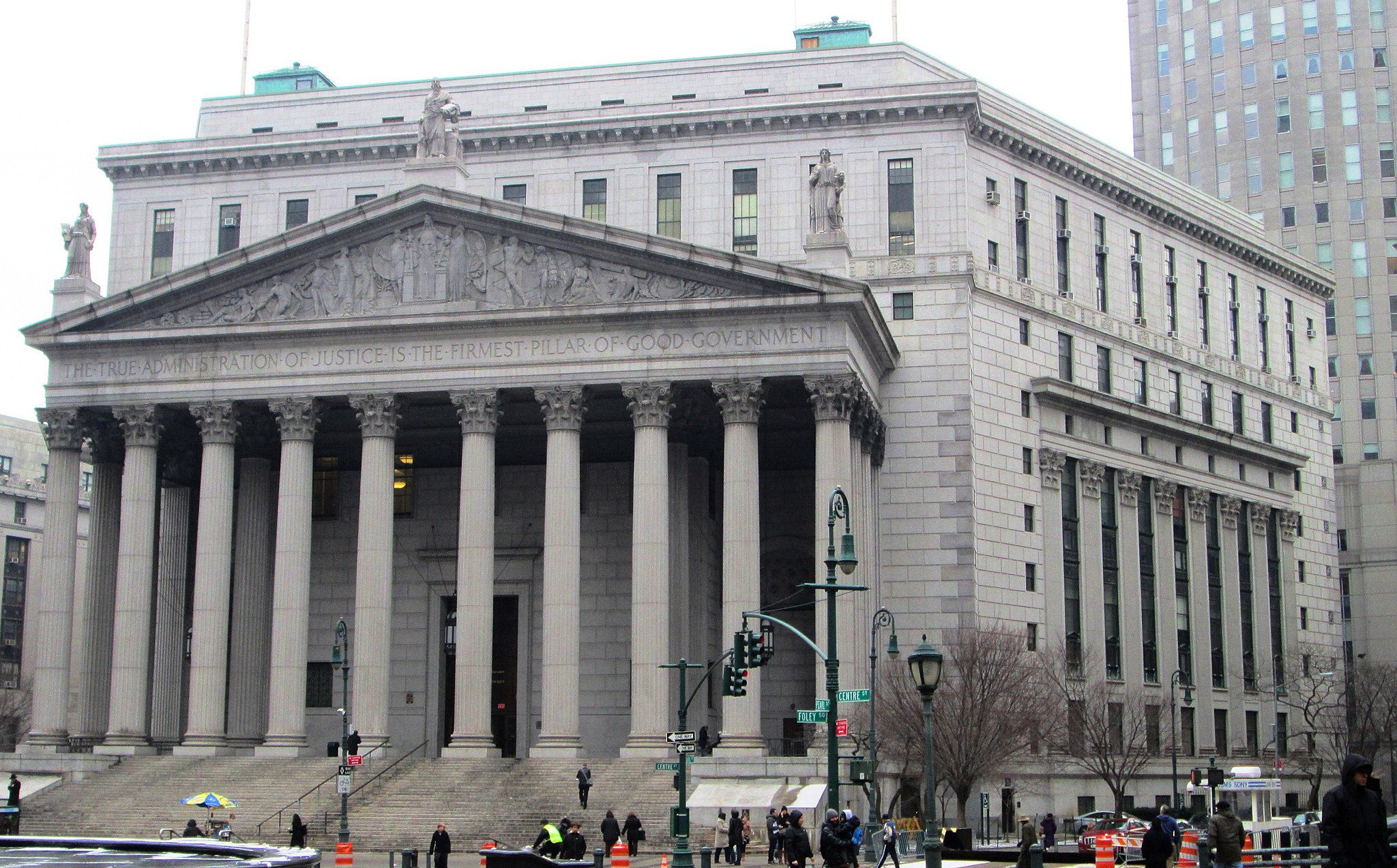War Crimes, Pardons and the Attorney General
On May 18, the New York Times reported that President Trump has set in motion a process for obtaining advice from the Department of Justice about how to proceed in issuing pardons to several military service members charged with or convicted of war crimes. Specifically, the White House reportedly contacted the Office of the Pardon Attorney, which in turn contacted the relevant military branches for information about the cases—presumably to prepare a recommendation for or against pardons.

Published by The Lawfare Institute
in Cooperation With

On May 18, the New York Times reported that President Trump has set in motion a process for obtaining advice from the Department of Justice about how to proceed in issuing pardons to several military service members charged with or convicted of war crimes. Specifically, the White House reportedly contacted the Office of the Pardon Attorney, which in turn contacted the relevant military branches for information about the cases—presumably to prepare a recommendation for or against pardons. Under Justice Department regulations, the pardon attorney investigates and makes recommendations to the president in pardon cases, recommendations that are then transmitted to the White House by responsible political appointees. (At present, the office of pardon attorney is vacant, and according to the office website no one is acting in that capacity.)
Trump has issued a number of pardons over his two years as president—many of them controversial. But to date, the Justice Department has not been a player in the Trump pardon drama: All of Trump’s pardons and sentence commutations to date appear to have been issued outside of the established Justice Department pardon review process. Some might consider White House consultation with that process for the first time in these war crimes cases to be cause for alarm. It might reasonably be supposed that in seeking advice from the Justice Department about potential pardons in these cases, the president expected to receive a green light from the attorney general himself. The imprimatur of the attorney general would lend a veneer of legitimacy to any resulting pardons, however unsettling their message.
Of course, the White House may only have been seeking information from Justice and not advice. But the fact that the department has been involved at all in these high-profile cases puts the attorney general on the spot. As a member of the president’s cabinet, he would reasonably be expected to concern himself with controversial pardon matters in which the White House had sought out his department’s involvement.
I served as pardon attorney during William Barr’s first turn in the Justice Department leadership 30 years ago, and I worked directly with him on a number of pardon matters, including some controversial ones. My experience then gives me cause for optimism now.
History teaches that the presidency has been well-served by having the attorney general as chief clemency adviser. From the earliest days of the republic, and long before the establishment of the Department of Justice in 1870, the attorney general counseled the president in military as well as civilian pardon cases. During the Civil War, Abraham Lincoln’s attorney general, Edward Bates, worked hard to control access to his notoriously merciful chief, whose inclination to pardon deserters frustrated his wartime generals. (Lincoln once spared the lives of 62 deserters in a single order and wrote to General George Meade that he was “unwilling for any boy under eighteen to be shot.”)
As counterpoint to his constitutional power to pardon, the president also has the unenviable duty of approving all death sentences in court martial cases. These two presidential authorities have frequently been used in tandem, making the advice of the attorney general commonplace in military capital cases. In 1960, for example, President Eisenhower’s attorney general, Herbert Brownell, recommended that five death sentences imposed on soldiers convicted of murdering foreign nationals be commuted to life in prison without the possibility of parole, thus threading the needle between his chief’s reluctance to approve the execution of soldiers in peacetime and maintaining diplomatic relations with the nations involved.
For anyone concerned about the orderly functioning of a constitutional power of the presidency, bringing the attorney general into the pardon decision-making loop should be good news. Over the past two years, Trump has granted pardons and sentence commutations without so much as a nod to the long-established review process in the Justice Department, which has become ever more mired in case backlogs and official neglect. Now the president has an attorney general he trusts, and one who knows the ropes in pardon matters because he was personally responsible for them in his first tour at the Justice Department. It is therefore not too much to hope that the attorney general will once again step forward to guide and protect the president in his exercise of the unruly power.
This hope is a reasonable one, particularly given what is at stake in these war crimes cases. To date, this president’s quixotic approach to pardoning has surely raised eyebrows, but it has had no adverse consequences for U.S. military or diplomatic interests. The only harm done by grants of clemency like those to Joe Arpaio and Conrad Black is to a president’s reputation.
Pardons in these war crimes cases would be qualitatively different in this regard, and there is every reason to expect the attorney general to counsel his chief against granting relief in any of them. To begin with, pardoning war crimes still pending within the military justice system could erode the legitimacy of military law and undercut good order and discipline in the ranks. In addition, pardons issued to servicemen charged with murder of civilians on foreign soil would prejudice international relations and potentially jeopardize the safety of U.S. personnel abroad. Pardons in these circumstances would seem to be clearly contrary to the national interest.
If Attorney General Barr’s advice to the president is to grant these pardons, or if he stands aside and lets the grants be made, it will compromise a long tradition of responsible advice-giving in pardon matters that has served the interests of the presidency since the Civil War. But I believe it is more likely that Barr will advise the president to forbear in these war crimes cases at least until the military justice system has run its course. If the president accepts his advice, this chapter will end well both for his generals and for his diplomats abroad. And the public’s confidence in the integrity of the president’s pardoning power will be well on the way to recovery.




